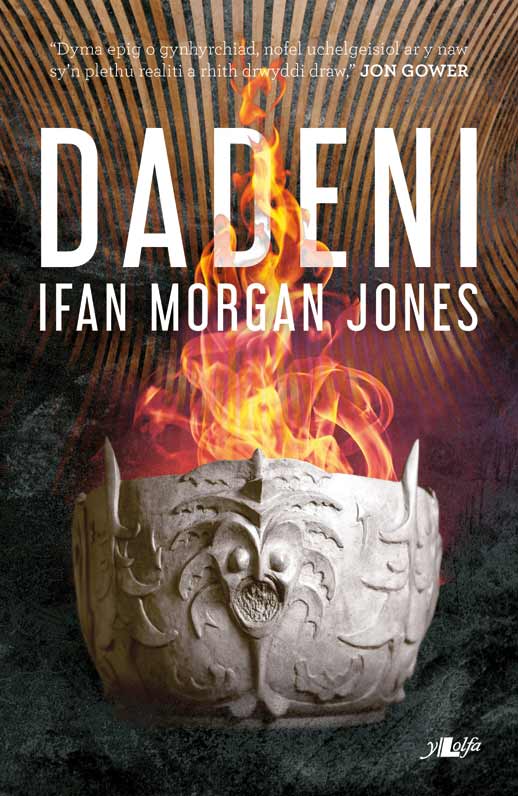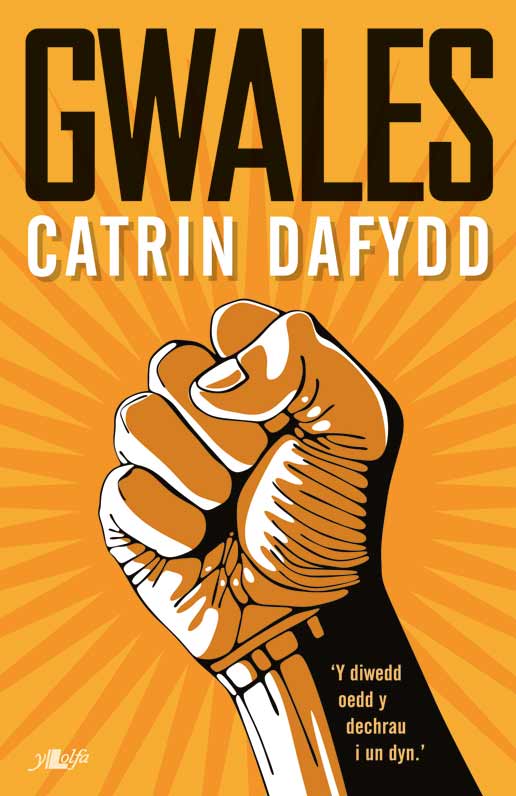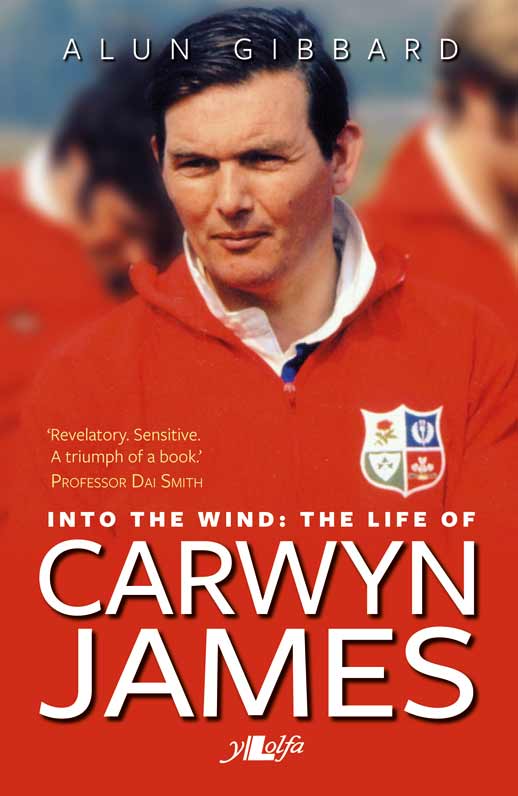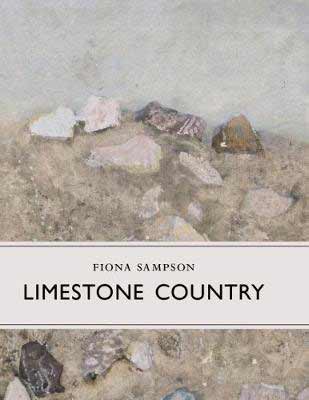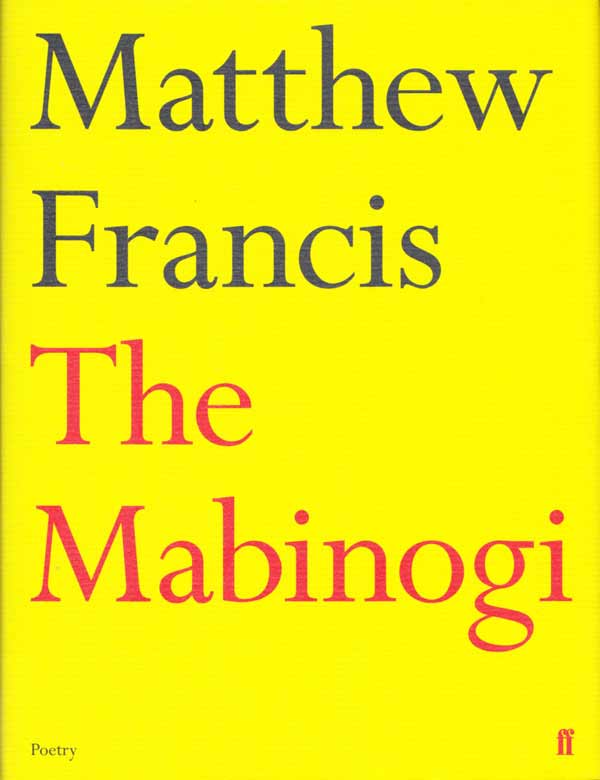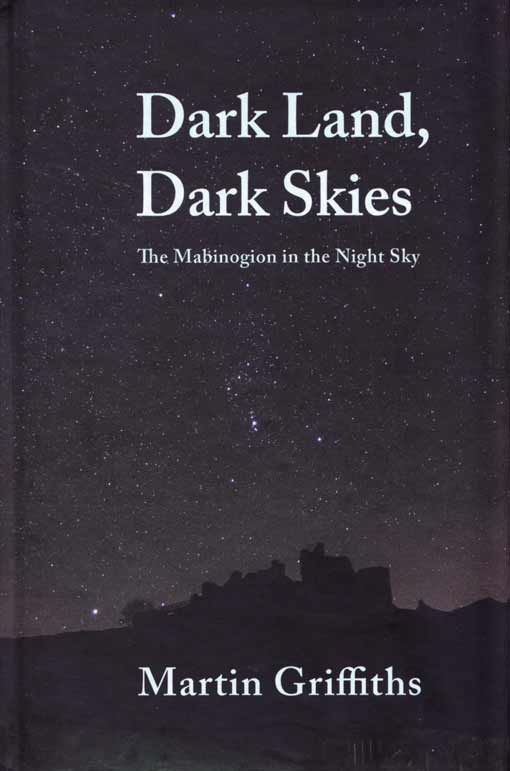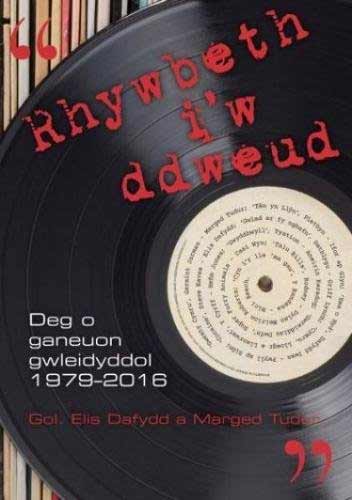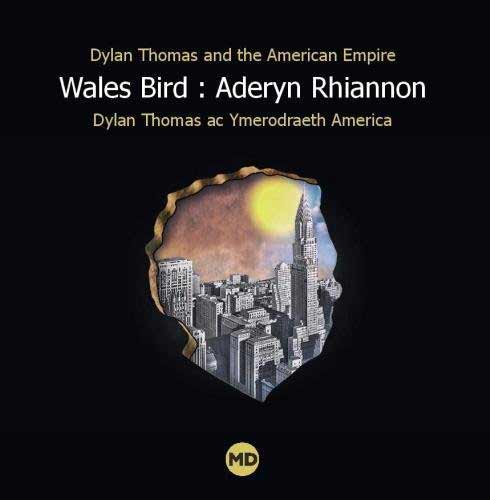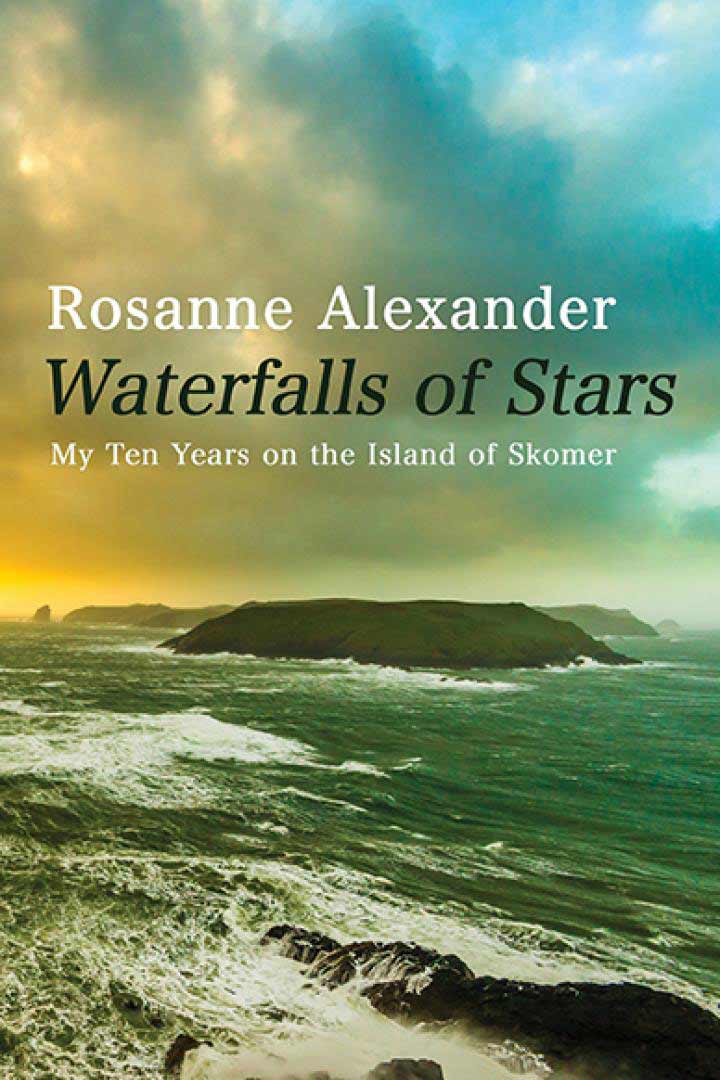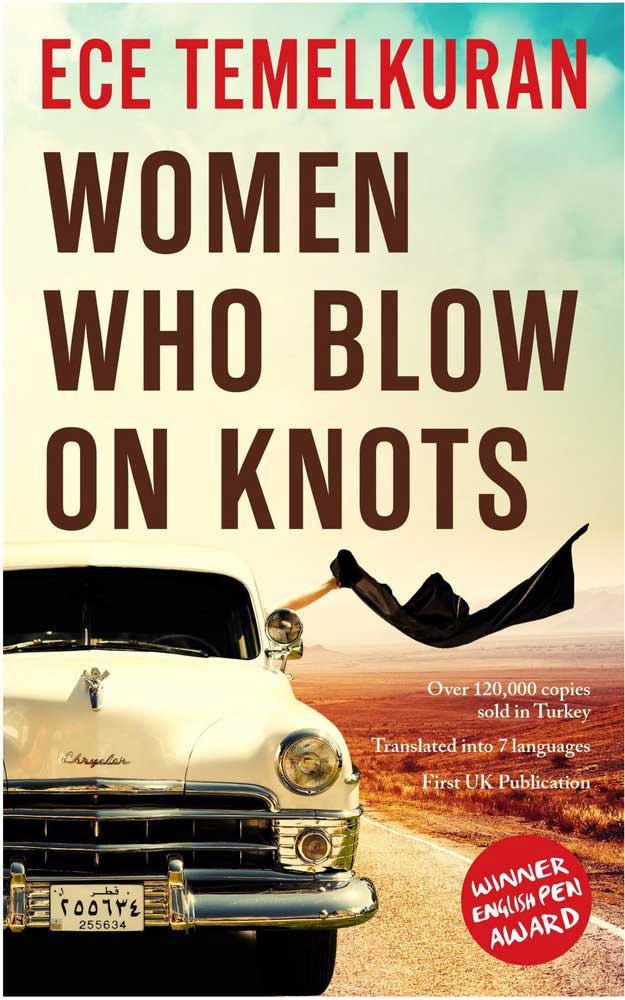Following our invitation to pool ideas for how to safeguard Welsh national interests after the Leave vote, Ffion Jones draws on her experience as a sheep farmer and film-maker to offer proposals for the future, arguing that if farmers are not part of the dialogue for how to adapt agriculture policy post-referendum, this could decimate whole cultures and landscapes.
Read moreDan Evans argues there is an urgent need to re-think political education in schools in order to rejuvenate a dysfunctional Welsh democracy. He presents new research into how schoolchildren conceive of politics in Wales and beyond, putting forward that civics teaching should be as much about critical thinking and instilling values as improving political literacy.
Read moreCongratulations to Polly Manning who has won the 2017 Planet Young Writers’ Essay Competition. In her essay, she tells the story of why she transferred from Oxford University to Swansea University after only nine days among the dreaming spires. She argues how higher education in Wales should present a progressive alternative to the cult of the Russell Group and the embedded privilege it represents.
Read moreFollowing widespread discontent with Wales’s travel infrastructure, Zoë Brigley Thompson contributes the first article in a new series in which writers and artists will respond to different stretches of Wales’s rail network: those of the past, those of the present, and tracks as-yet unlaid. What does our experience of train travel tell us about nationhood, inequality, the need for connectivity ̶ and escape?
Read moreThis is the twenty-fourth contribution to our Welsh Keywords series – inspired by Raymond Williams’ Keywords – which offers contemporary perspectives on contested meanings of words in Welsh and how these shifting meanings continue to shape our society.
Read moreT. Robin Chapman on the life and work of one of Wales’s most perceptive writers, who died in July. In his second and first languages, Tony Bianchi challenged literary orthodoxies and narrated the fragmented lives of a post-industrial society, and is also remembered for his wonderful company.
Read moreTony Brown argues that the fiction of Thomas Morris represents a ground-breaking contribution to the tradition of the Welsh short story, and that it has not had the attention it deserves. His recent collection is rooted in Caerphilly, giving voice to a contemporary malaise of insecurity and alienation, and he’s due to return to the streets of his hometown for a forthcoming novel.
Read moreFrances Williams reviews a recent drama, Sherman’s Gods and Kings on the experience of bi-polar disorder, and a National Theatre Wales app, I’ll Sing a Song, developed to help facilitate choirs for people with dementia. She argues how the arts can shed light on life-changing illness, and also how the complexity within these conditions can be evaded by arts organisations’ community engagement branding, which is particularly problematic when health services are facing cuts.
Read moreA year after the Glynn Vivian re-opened its doors, Huw David Jones casts a critical eye on its revamped home, its exhibition programme and the narratives it offers about Welsh visual culture.
Read more
